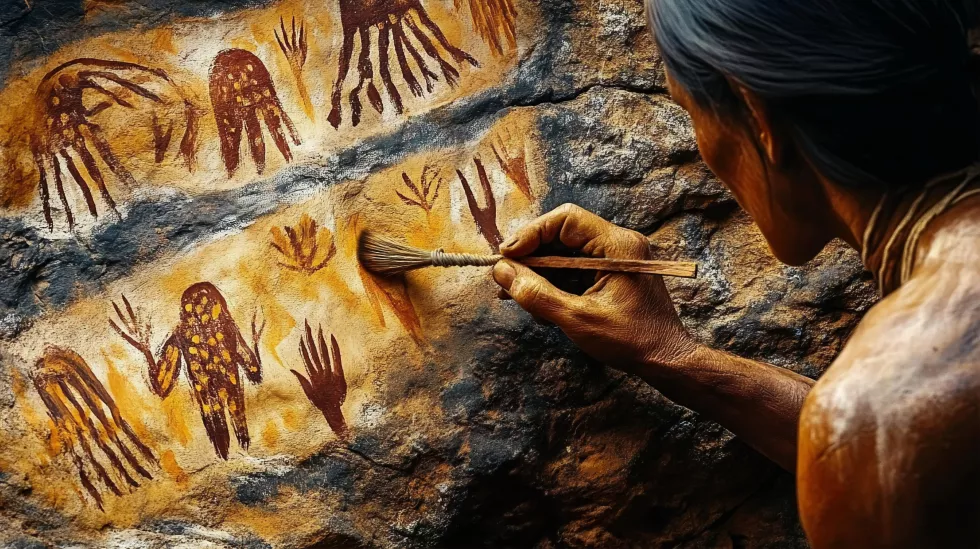The great attraction of cultural anthropology in the past was precisely that it seemed to offer such a richness of independent natural experiments; but unfortunately it is now clear that there has been a great deal of historical continuity and exchange among those "independent" experiments, most of which have felt the strong effect of contact with societies organized as modern states. More important, there has never been a human society with unlimited resources, of three sexes, or the power to read other people's minds, or to be transported great distances at the speed of light. How then are we to know the effect on human social organization and history of the need to scrabble for a living, or of the existence of males and females, or of the power to make our tongues drop manna and so to make the worse appear the better reason? A solution to the epistemological impotence of social theory has been to create a literature of imagination and logic in which the consequences of radical alterations in the conditions of human existence are deduced. It is the literature of science fiction. … [S]cience fiction is the laboratory in which extraordinary social conditions, never possible in actuality, are used to illumine the social and historical norm. … Science fiction stories are the Gedanken experiments of social science.
Richard Lewontin "The Last of the Nasties?" in New York Review of Books (2/29/96)

